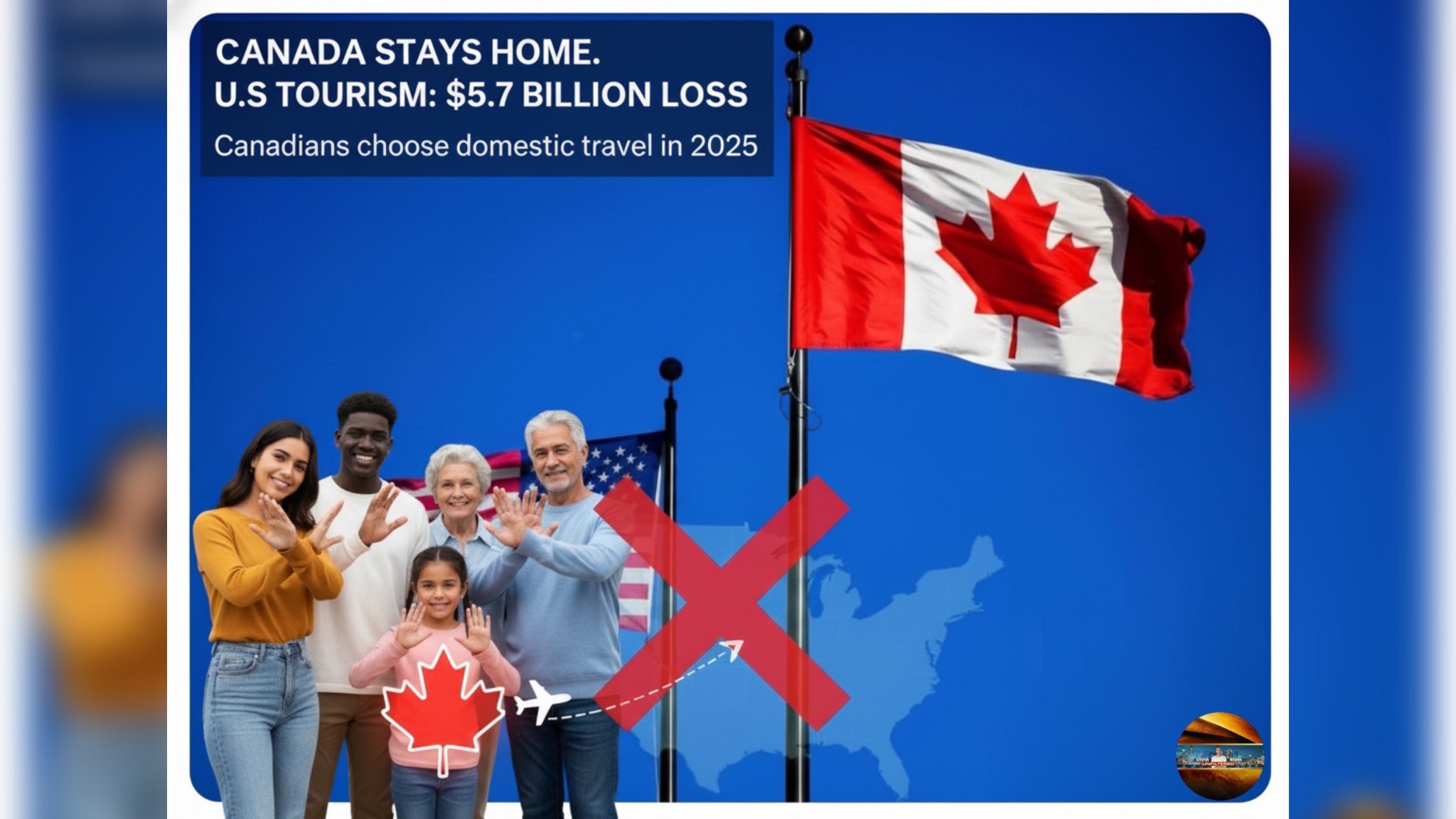Imagine this: last year, a typical Canadian family of four breezed through the grocery store without blinking, maybe even treating themselves to extras like coffee, snacks, fresh produce. But this year, that same family is staring at a bill that’s roughly $800 heavier. That’s a full-on budget slap in the face.
According to the latest Canada Food Price Report 2025, food prices for 2025 are expected to rise between 3 and 5 percent, pushing the estimated annual grocery bill for a “family of four” up by around $801.56 compared with 2024.
What’s driving the sticker shock? It’s more than just a bad week at the grocery store. The cost of staples is escalating across the board, from fresh produce to meat, coffee to dairy. In April 2025 alone, grocery prices surged 3.8 percent compared with the same month last year, even as overall inflation slowed to around 1.7 percent.
Fresh vegetables rose about 3.7 percent, while fresh or frozen beef soared by 16.2 percent, and coffee and tea climbed 13.4 percent.
That kind of inflation doesn’t just hurt pocketbooks, it reshuffles life. For families already juggling rent, transportation, bills, maybe child care or debt, an extra $800 a year means tough choices: fewer “luxuries,” more trade-offs, maybe skipping meat more often, buying fewer fresh veggies, opting for cheaper store brands, or shopping more often at discount grocers.
Worse still, for many people this isn’t theoretical: it’s real stress. Amid rising food prices, the share of Canadians facing some level of food insecurity remains alarmingly high, millions are cutting back on meals, compromising nutrition, or relying on food banks just to get by.
This adds another layer to a broader picture of a shaky economy: stagnating wages, rising living costs, uncertain job markets and the constant squeeze of inflation rerouting where families spend their next dollar.
If you’re a Black Canadian, or part of a marginalized community, that $800 can mean skipping crucial cultural foods, not sharing meals with extended family, or cutting things that feed your soul, not just your body.
And in a time when communities already feeling the weight of systemic inequality are being squeezed on all sides, that economical pinch hits harder.









